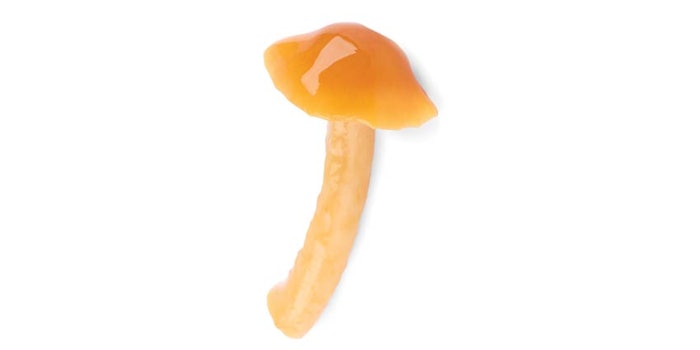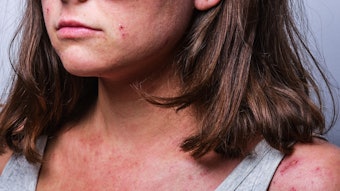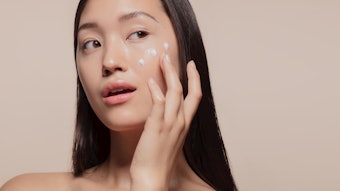
Mushrooms have a variety of different skin care uses, and different types of mushrooms provide different benefits. Snow mushrooms, for example, are hydrating, while shiitake mushrooms contain kojic acid that can help fade dark spots, scarring or sun damage. Traditional Chinese medicine has used mushrooms, specifically the reishi and cordyceps varieties, for their healing properties.
Many studies have verified the efficacy of mushrooms in skin care products. A 2020 study in the International Journal of Medicinal Mushrooms found the shaggy mane mushroom to be most suitable for cosmeceutical formulations to tackle skin aging and hyperpigmentation, with excellent antioxidant, moisturizing and whitening effects.
An advantage to the modern usage of mushrooms is the ability for formulators to tinker with ingredients like mushrooms to produce stronger and more efficient formulations. One popular method of producing chemical changes in substances is through fermentation.
Fermentation is a metabolic process that produces chemical changes in organic substances through the action of enzymes. Biofermented mushrooms are mushrooms that have been put through a fermentation process using different strains of microorganisms and can penetrate deeper than regular mushrooms.
One skin care company taking advantage of the power of science and botanicals is Arêmês Fermentis. The company has developed a unique lactic acid phytofermentation process that helps release the full potential of powerful botanicals in its skin care products.
“Our products are all about providing a full spectrum of nutrients to the skin and creating synergies between ingredients that work together rather than against each other,” said Regan Schneider, founder of Arêmês Fermentis. “We have two products, the Super Bioactive Face Serum and Bioactive Body Lotion, that utilize biofermented mushrooms in combination with a myriad of other botanicals, especially focusing on antioxidants.”
Through the fermentation process, these mushrooms are broken down and become a smaller and more bioavailable form of the ingredient for the skin, according to Schneider. This provides benefits and support to the cells and layers that are responsible for vital cellular processes like regeneration and repair.
“The advantage that biofermented mushrooms have over the regular mushroom is how effective that ingredient can be on and in the skin,” Schneider said. “Many times with skin care ingredients, the molecular size is too large to penetrate deep into the skin, making all of its benefits literally surface level.”
Another advantage to mushrooms, biofermented or regular, is the compatibility with other skin-boosting ingredients. Arêmês has products that combine mushrooms with chamomile, jojoba, tuberose and apples, among other ingredients that work together to provide anti-inflammatory, brightening, softening and moisturizing benefits to the skin.
“Mushrooms don’t react badly with any other type of ingredient, natural or chemical,” Schneider said. “It also has a relatively easy texture to work with, and there’s no risk of photosensitivity, so it’s quite an easy ingredient to work with.”











